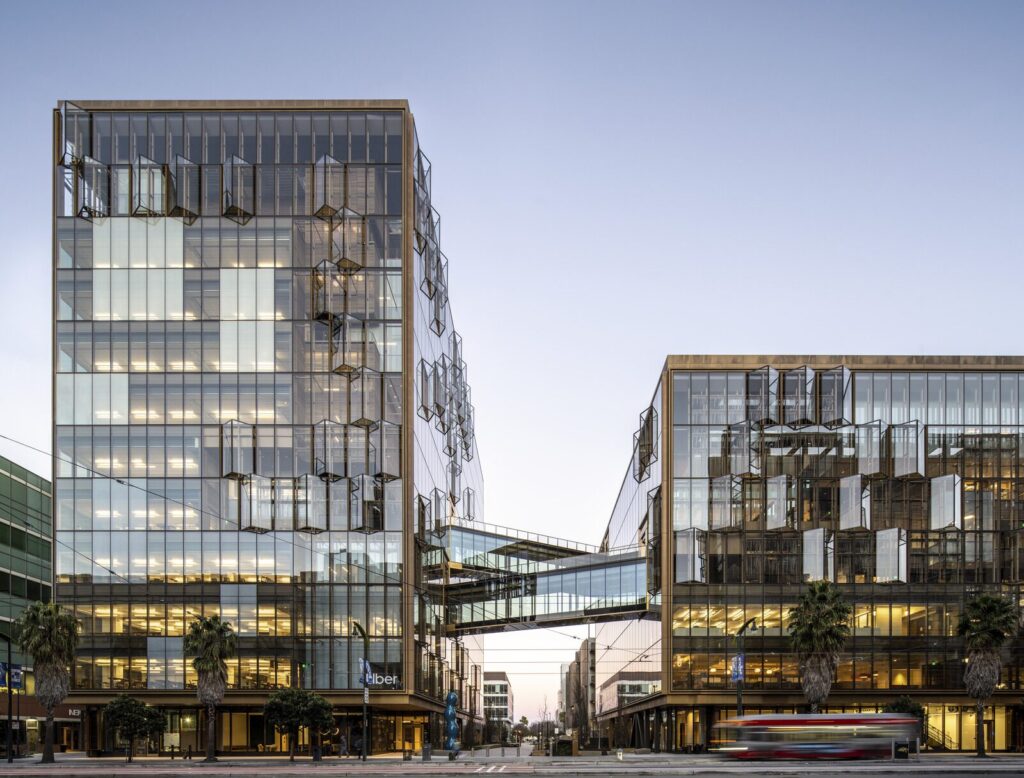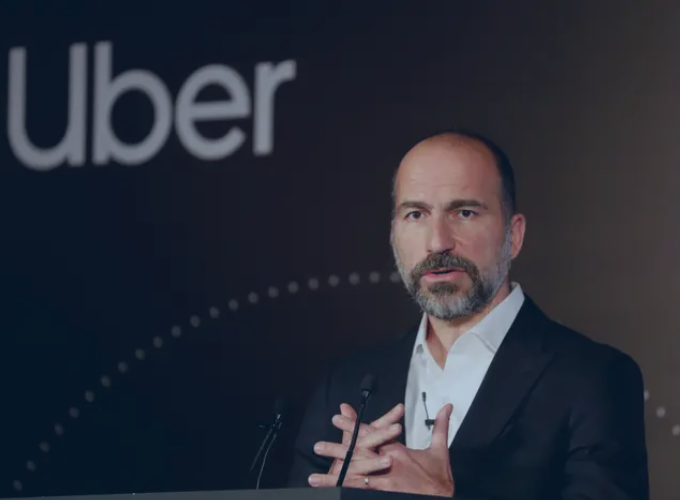Yannick Pace
Uber CEO Dara Khosrowshahi has warned that too few of his 30,000 employees know how to use artificial intelligence constructively — a problem he says needs urgent fixing.
Speaking at Brown University, Khosrowshahi urged both companies and educational institutions to treat AI as a basic skill, not a niche tech tool. “We’re a highly technical company,” he said. “And not enough of my employees know how to use AI constructively.”

He said Uber would begin implementing internal training to get staff up to speed, but insisted the responsibility should start much earlier. “The active use of AI for better outcomes is what companies are after,” he said. “It would be quite beneficial for educational institutions to teach that before you get to the company.”
Khosrowshahi’s remarks come at a time when generative AI tools — from OpenAI’s ChatGPT to GitHub Copilot — are transforming how work is done across industries. One emerging trend, dubbed “vibe coding” by OpenAI cofounder Andrej Karpathy, involves using AI to write and refine software. It’s already reshaping the value placed on traditional coding skills within Big Tech and venture capital circles.
The Uber CEO said that within a year, knowing how to use AI to code will be an “absolute necessity” at the company. And he’s not alone in this thinking.
Other tech leaders are making similar moves. Shopify CEO Tobi Lütke recently told staff that AI usage is now a “fundamental expectation” and would be factored into both performance reviews and requests for more resources. “Teams must demonstrate why they cannot get what they want done using AI before they ask for more head count,” he wrote in a company-wide memo.
Khosrowshahi’s comments reflect a broader shift in the tech industry: AI is no longer an optional skill for specialists — it’s fast becoming a workplace baseline. Companies that want to stay competitive are not just hiring AI talent but upskilling existing staff to ensure they can harness the technology day to day.
Since becoming CEO in 2017, Khosrowshahi has repositioned Uber from a ride-hailing app to a broader logistics and delivery platform. Now, he appears to be betting that Uber’s future will depend as much on how well its employees can work with AI as it did on mobile apps and algorithms in the past.
“Everyone is going to have to get smarter about AI,” he said. “Because it’s coming fast — and it’s not slowing down.”
You Might Also Like

Latest Article
Clyde Caruana Warns Global Minimum Tax Deal Is Unravelling As EU States Shift Stance
The global minimum tax agreement – once hailed as a landmark step toward a fairer international tax system – is facing renewed uncertainty as several EU member states rethink their commitments. Finance Minister Clyde Caruana said the consensus underpinning the 15% minimum tax is unravelling, following the US withdrawal from the agreement earlier this year. … Continued
|
20 November 2025
Written by Hailey Borg

A New Vision For Malta’s Creative Sector Takes Shape As MEIA’s Culture at Work Debuts
|
20 November 2025
Written by Hailey Borg

STMicroelectronics Malta Secures Gold At Malta Business Awards For Its Clean-Tech Transformation
|
20 November 2025
Written by Hailey Borg

Malta Venture Capital Association Joins Global Private Investment Body
|
19 November 2025
Written by










